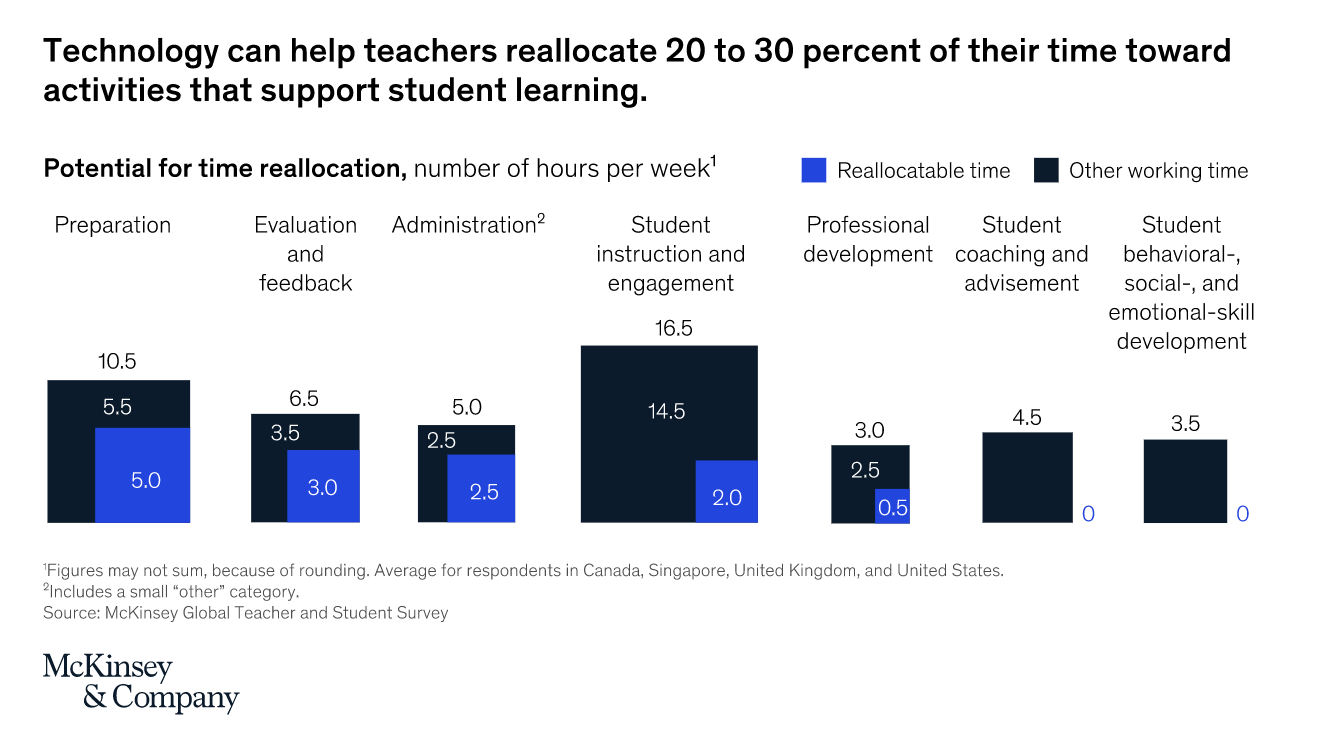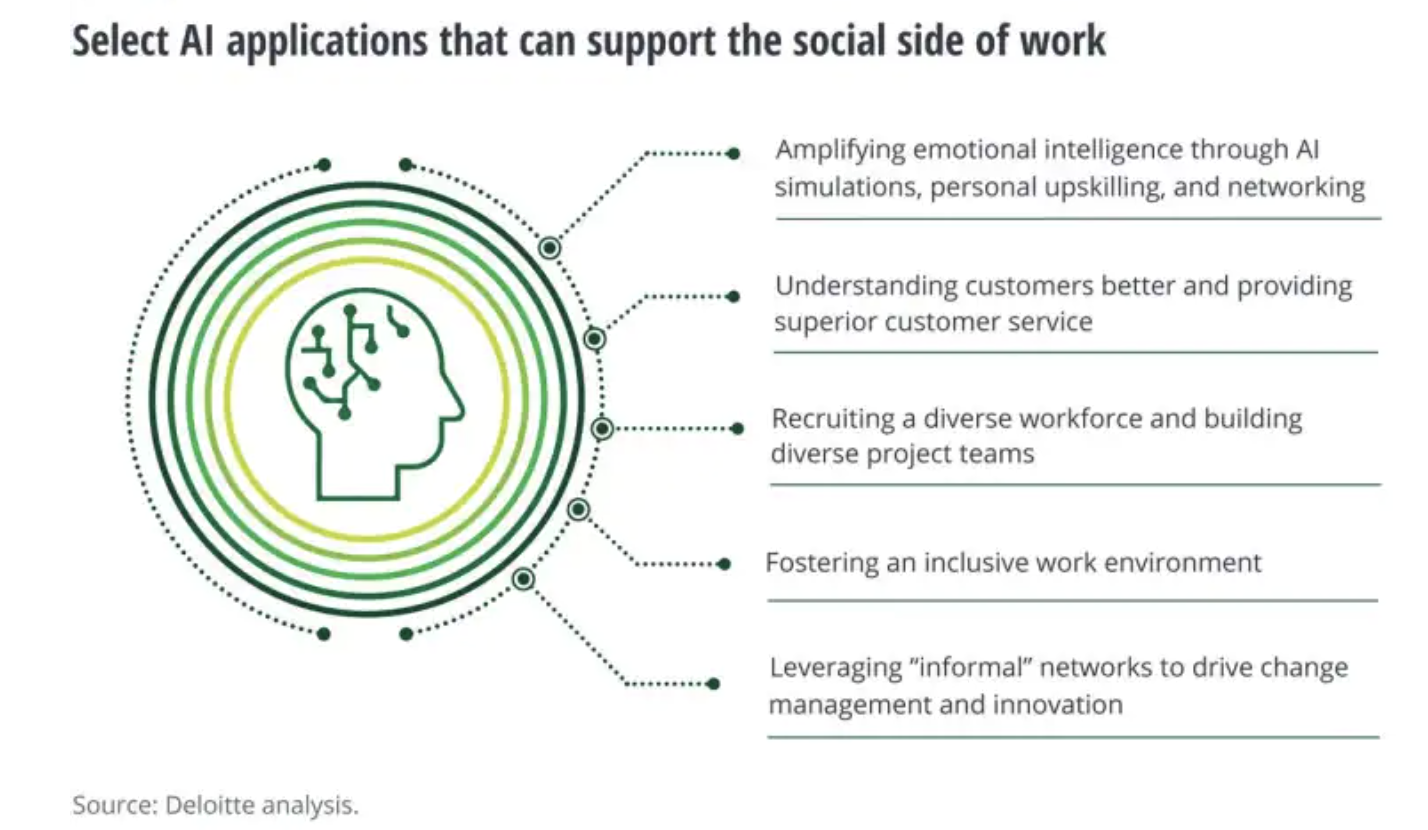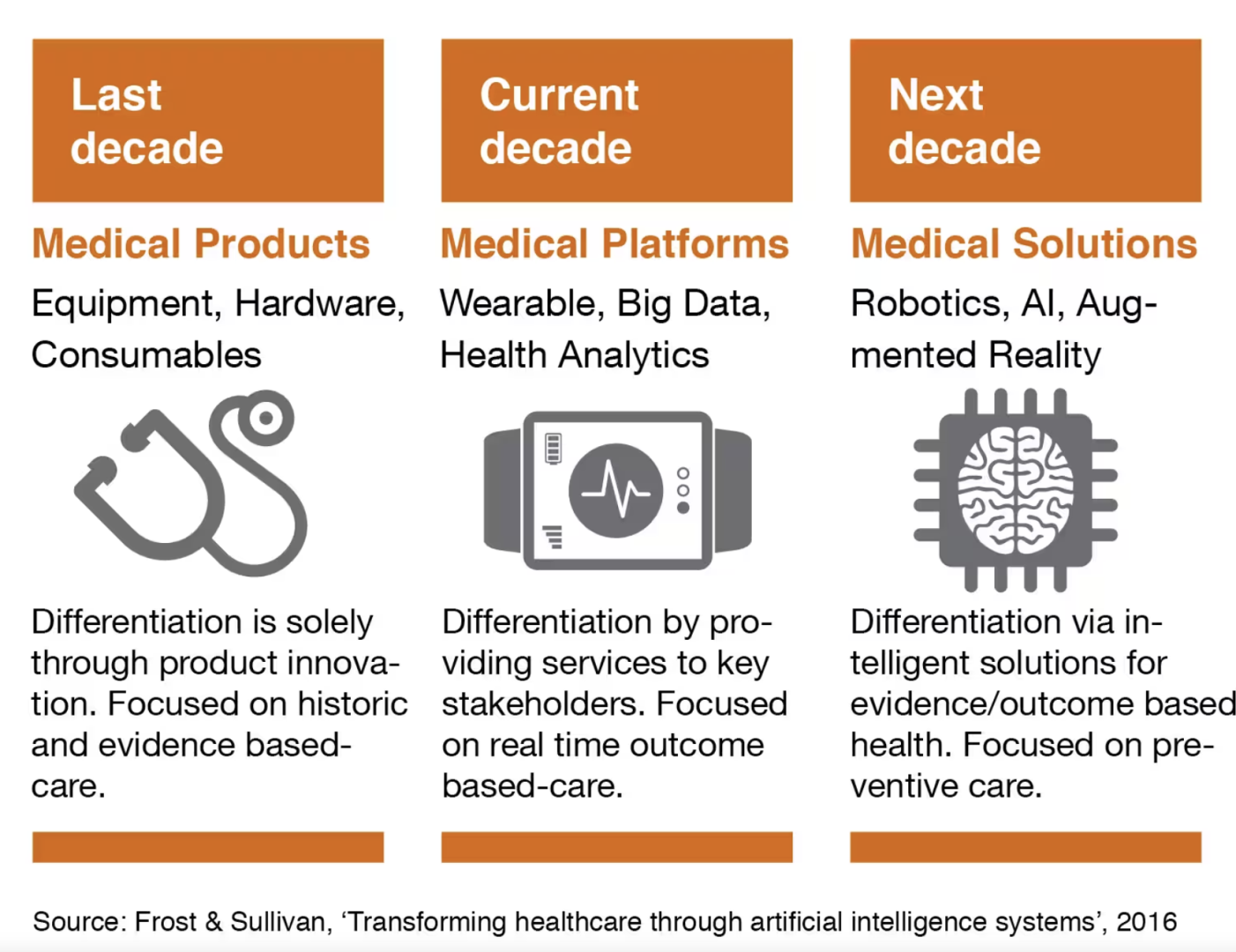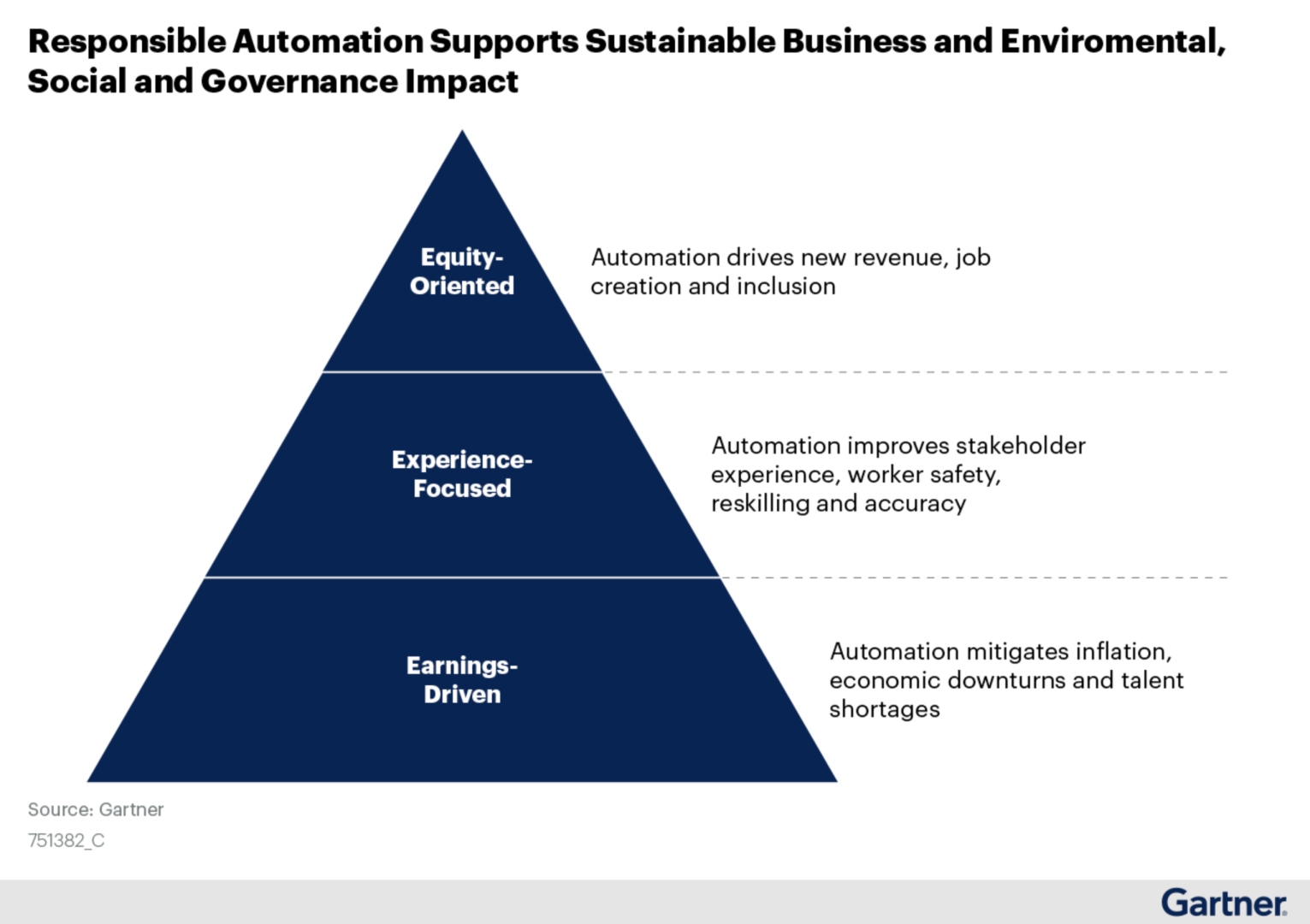Comments
- No comments found

Machine learning is rapidly transforming various industries, from healthcare and finance to education and transportation.
One significant outcome of this technology is its impact on women's lives, empowering them in various ways. As machine learning algorithms become more advanced, they can assist women in finding new opportunities, breaking down barriers, and transforming the gender gap in different sectors.
In this article, we'll explore how machine learning is empowering women, from improving access to education and employment opportunities to creating more inclusive workplaces and enhancing women's health and well-being.

Machine learning has the potential to revolutionize the education sector by improving access to quality education for women worldwide. With the increasing availability of online education, women can now access courses and resources from anywhere in the world, regardless of their location or economic background.
For example, Coursera, a popular online learning platform, uses machine learning to personalize course recommendations based on a user's interests and previous learning history. This can be particularly beneficial for women who may face cultural or social barriers to accessing education, as machine learning algorithms can help tailor educational resources to their specific needs.
Moreover, machine learning can assist in identifying students who may require additional support or intervention, such as those who are struggling with a particular subject or who have fallen behind in their studies. By using predictive analytics, educators can develop targeted interventions to support struggling students and ensure they stay on track.

Machine learning is also playing a significant role in transforming the employment landscape for women. By analyzing job postings and resumes, machine learning algorithms can identify and eliminate gender bias in the hiring process, thereby increasing the chances of women being considered for employment opportunities.
For instance, Textio, a startup that uses natural language processing and machine learning to analyze job postings, can detect and eliminate gender-biased language, making job postings more gender-neutral. This can help attract a more diverse range of candidates and reduce the gender gap in the workplace.
Furthermore, machine learning can also help identify job opportunities that are traditionally male-dominated but where women may excel. By analyzing job descriptions and performance data, machine learning algorithms can identify skills and qualities that are essential for success in a particular role and match them with potential candidates. This can help women find employment opportunities in fields where they may not have previously considered.

Machine learning is also transforming healthcare, with applications ranging from disease diagnosis and treatment to mental health and well-being. For women, machine learning has the potential to improve access to healthcare services and promote more personalized treatments.
One area where machine learning is being utilized is in breast cancer screening. Mammography is a standard screening tool for breast cancer, but it has limitations, particularly in women with dense breast tissue. Machine learning algorithms can analyze mammograms and identify patterns that may indicate the presence of breast cancer, even in women with dense breast tissue.
Moreover, machine learning can also help identify individuals at risk of developing certain health conditions, such as heart disease or diabetes. By analyzing medical records and lifestyle factors, machine learning algorithms can predict the likelihood of an individual developing a particular condition, allowing for early intervention and prevention.

Machine learning can also play a significant role in creating more inclusive workplaces, where women can thrive and succeed. By analyzing employee data, machine learning algorithms can identify areas where women may face barriers or discrimination, such as promotion or salary discrepancies.
For instance, Unilever, a global consumer goods company, uses machine learning to analyze employee data and identify areas where gender bias may exist. This has resulted in more women being promoted to leadership roles.
Moreover, machine learning can also play a significant role in empowering women in the workplace. In the past, women have been underrepresented in fields such as science, technology, engineering, and mathematics (STEM). This has resulted in a significant gender gap in these fields, with women comprising only a small percentage of the workforce. However, with the advent of machine learning, women now have more opportunities to succeed in these fields.
One way machine learning is empowering women in the workplace is through its ability to eliminate unconscious bias in the hiring process. Traditional hiring processes often rely on subjective assessments of candidates, which can be influenced by factors such as gender, race, and age. This can result in qualified candidates being overlooked in favor of less qualified candidates who fit a certain demographic profile. Machine learning algorithms, on the other hand, can be trained to eliminate these biases by focusing solely on a candidate's qualifications and skills. This not only increases the chances of qualified women being hired but also helps to create a more diverse and inclusive workforce.
Another way machine learning is empowering women in the workplace is through its ability to automate repetitive and time-consuming tasks. This is particularly relevant in industries such as healthcare and finance, where women are overrepresented in administrative and support roles. By automating these tasks, machine learning frees up women's time and enables them to focus on more strategic and high-value activities. This can not only improve job satisfaction and career advancement opportunities for women but also lead to more efficient and effective organizations.
Machine learning can also empower women entrepreneurs by enabling them to access valuable insights and analytics that were previously unavailable. For example, machine learning algorithms can analyze large datasets to identify trends and patterns that can inform business strategy and decision-making. This can be particularly useful for women entrepreneurs who may have limited resources and need to make data-driven decisions to maximize their chances of success.
Machine learning has the potential to be a powerful tool for empowering women in various aspects of their lives, from education to healthcare to the workplace. By providing access to information, automating tasks, and eliminating unconscious biases, machine learning can help level the playing field and create a more equitable and inclusive society for women. As machine learning continues to evolve and become more accessible, it is essential that we harness its power to support women's empowerment and promote gender equality.
Leave your comments
Post comment as a guest